Food allergy anxiety - what's it all about? At face value, living with allergies may seem quite straightforward. All you have to do is avoid the food you are allergic to, and make sure you keep any emergency medication you need with you at all times. Simple right?
Maybe not.
Managing food allergies requires constant vigilance and planning. Food is EVERYWHERE! This is a constant mental burden that comes with you everywhere you go.
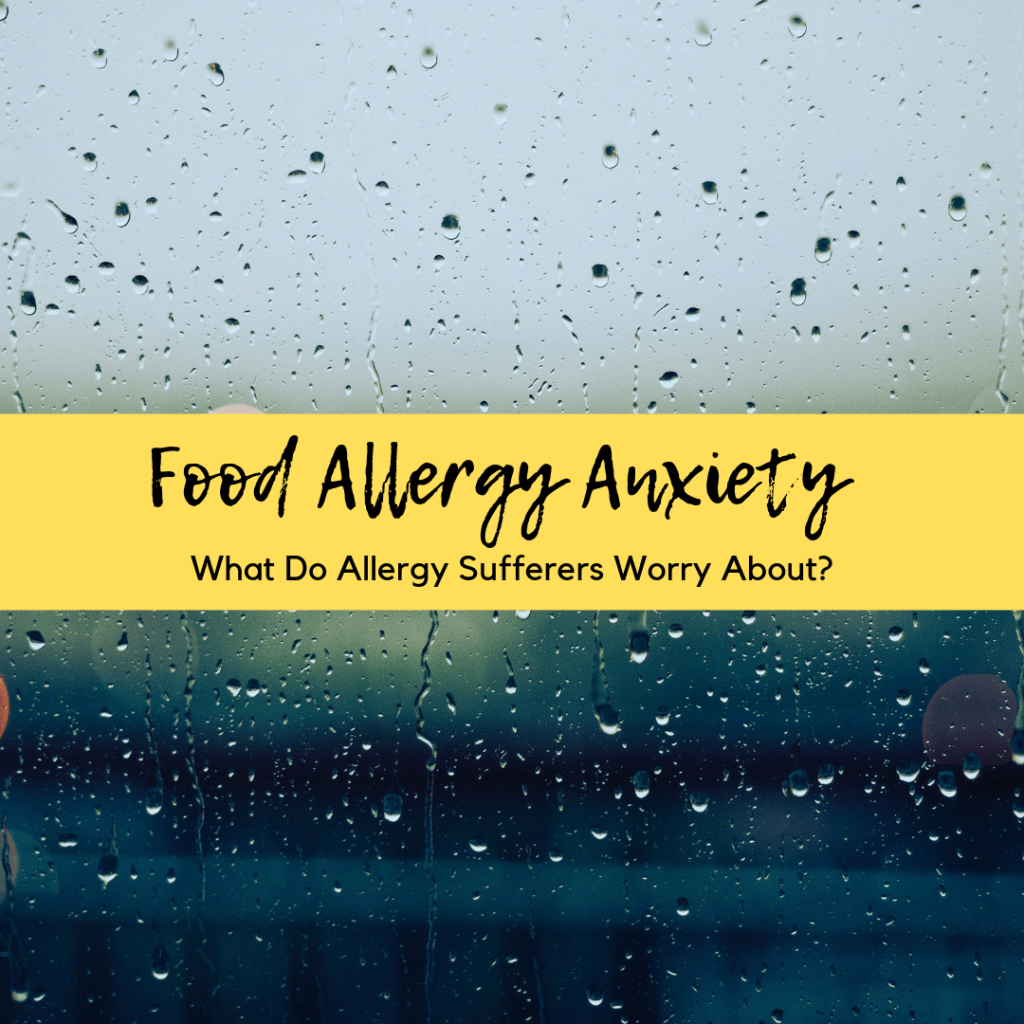
The fear of a reaction can be very real. If you've had a severe reaction, or seen your child have one, this is understandably a traumatic experience. Plus, allergic reactions can be unpredictable and you never know what form the next reaction will take. Even if you/your child has only had mild/moderate reactions in the past, is there a risk that the next one could be different?
You can't always rely on other people to provide safe food for you, so often you must bring your own. You always have to be prepared, and being spontaneous is much more difficult.
Allergies come with a massive dose of uncertainty, especially in the beginning. For those with mild-to-moderate symptoms, it can take a long time to get a diagnosis. Or it may feel like you or your child are reacting to everything, and you can't get the allergies under control. As a result, you may worry that you will never find out what is causing you/your child's unpleasant symptoms.
Causes of Food Allergy Anxiety
In addition to the fear of a reaction, there are many reasons why people may feel anxious about food allergies. For example:
- Uncertainty around allergies
- waiting for diagnosis - waiting lists to see specialists can be months long. And you still need to eat. Every day!
- not being able to get clear answers - allergies are very individual, there are no 'one-size-fits-all' answers.
- not everything is known/understood about allergies yet.
- Finding a good doctor - in the UK only 1 in 5 GPs has had any training in food allergy! Finding a doctor who is sympathetic is not always easy. Getting help is difficult if health professionals just dismiss you.
- Financial burden due to the extra cost of buying free from foods.
- Not wanting to go to parties or family events - due to anxiety around having a reaction, or social anxiety around being different to everyone else.
- When people offer food that isn’t in packaging - refusing food can seem rude, and whilst you don't want to cause offence, it's not worth the risk..
- Dating and kissing.
- People not taking allergies seriously - with comments like 'a little bit won't hurt', or 'are you still doing that dairy-free thing?' or just plain carelessness.
Parenting Worries
Parents of children with food allergies have additional worries too, such as:
- Young babies put everything in their mouths - take them to a playgroup or soft play and you have to watch them constantly.
- Weaning - with every new food is the fear of an allergic reaction.
- Worrying that being overprotective will ruin your child's life.
- Worrying that your child is missing out on fun things due to allergies.
- Pregnancy – what if my next baby has allergies too?
- Starting school every year with a new teacher - you have to start again from scratch and hope that the teacher will be understanding and more importantly actually REMEMBER that your child has allergies.
- Sleepovers, overnight school trips/camps, and other times you can’t be there to supervise.
- Reintroducing the food e.g. using the milk ladder.
That's a lot to deal with! It is completely understandable that someone with food allergies, or the parent of a child with food allergies, would feel anxious sometimes!

Photo by Leio McLaren (@leiomclaren) on Unsplash
When To Seek Help
The good news is that anxiety is normal and essential for survival! However, humans evolved in the time when we needed to run away from bears, or fight invaders to our homes. Our bodies are designed to help with this and gear up for action in response to a threat. But you can't run away from allergies, nor can you punch them in the face, and we may start to feel there is no escape from our worries. This constant stress triggers your body's fight-or-flight response. You need to consciously manage your stress levels to avoid letting anxiety take over.
It's always good to share your worries with a trusted friend or family member. But if you feel that anxiety is interfering with your day-to-day life, speak to a health professional for advice. Your GP is a good place to start. Or you can self-refer to NHS talking therapies in the UK.
My Experience of Food Allergy Anxiety
I am very fortunate that my daughter has never experienced anaphylaxis, so I probably deal with much less anxiety than some other parents. However, we discovered my daughter's milk and soya allergies when she was exclusively breastfed, and I was scared because I didn't know how she would react if she ate the foods directly. It also took many months to confirm her additional allergies and get a formal diagnosis. Here are some of the worries I've had along our allergy journey:
- Why is my daughter having these symptoms?
- Why won't the doctor help us? Am I going crazy?
- Will she ever get better? Will she ever sleep? Is this our life forever now?
- Will starting the milk ladder put us back to square one with my child in constant distress?
- Starting preschool and school - having to trust others to look after her - will they remember her allergies? Will she be left out of activities? School dinners was a particular challenge for me and I actually cried in front of the teacher the first day she had school dinners instead of a packed lunch.
- Birthday parties and other social situations - What if there's nothing for her to eat? What if she has a reaction? Will people think we are being rude if we bring our own food? What if she feels left out?
- Unexplained reactions - why is she having a reaction? Did I make a mistake? Is she allergic to something new?
- Whenever she gets ill, there is the extra worry of whether it could be an allergic reaction to something.
- Is my daughter getting enough calcium?

Photo by Scott Eckersley on Unsplash
Self Help Strategies for Food Allergy Anxiety
There are some worries you can deal with, and some worries you can't. It's important to know the difference, and learn how to tackle practical problems head-on, so you can stop worrying about them. At the same time, there are some things you can't control, so you need to learn how to manage your stress levels and stop anxiety taking over.
I've created an ebook with 26 self-help strategies, especially for food allergy sufferers and parents of children with food allergies. It includes practical, hands-on strategies for dealing with allergy anxiety. The first section is all about building problem-solving and coping skills to make situations feel more manageable. The second section is about calming down that fight-or-flight response and helping you feel more peaceful and relaxed.
Do you suffer from food allergy-related anxiety? What are your biggest worries? What coping strategies have you developed? Leave a comment below.
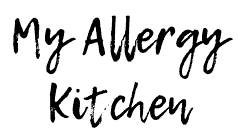

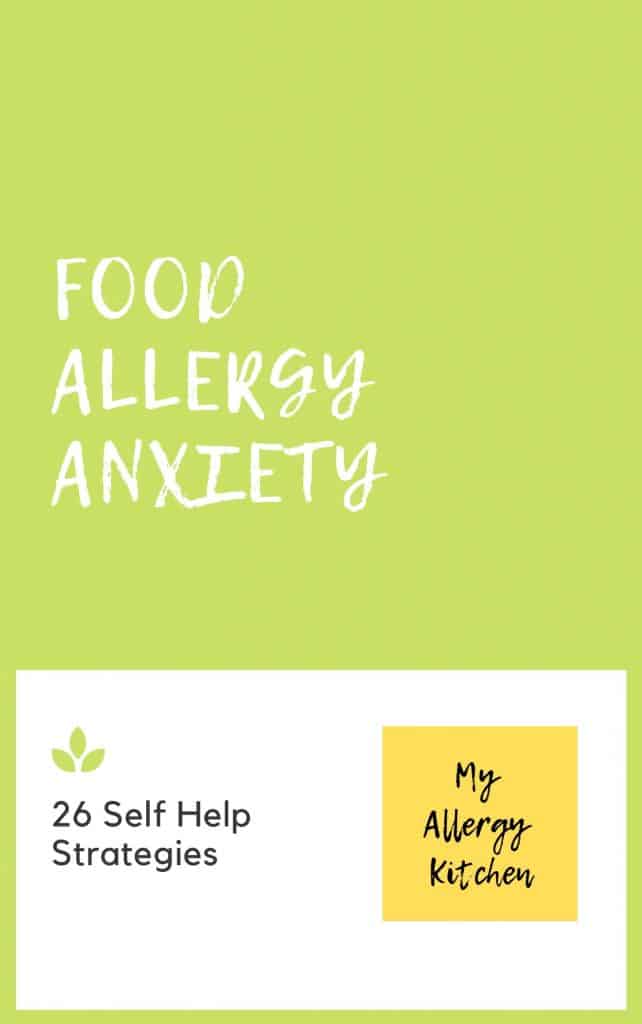
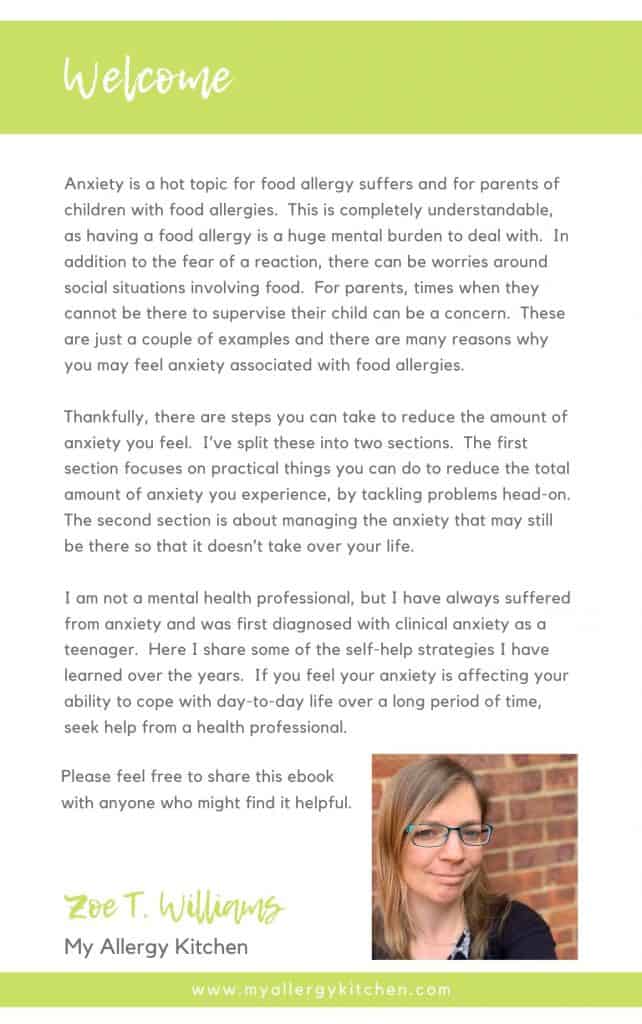
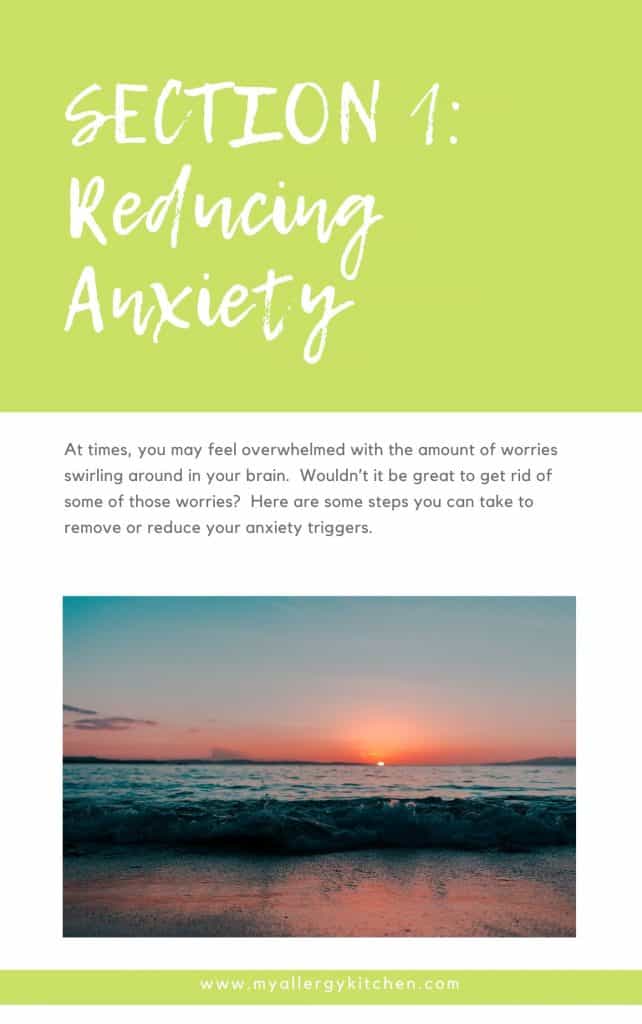
Tyler Johnson
That's a good point that it is pretty stressful to have to guess about allergies that might be life-threatening. I think that my son might be allergic to something, but I'm not sure what, and I wouldn't want to accidentally give him something that could poorly affect his health. I should think about taking him in to see an allergist so I could know for certain what I should avoid feeding him.
Zoe
Hi Tyler, thanks for your comment. You should definitely speak to a doctor if you suspect your son has food allergies. How old is he and what sort of symptoms is he having that makes you think it could be an allergy?